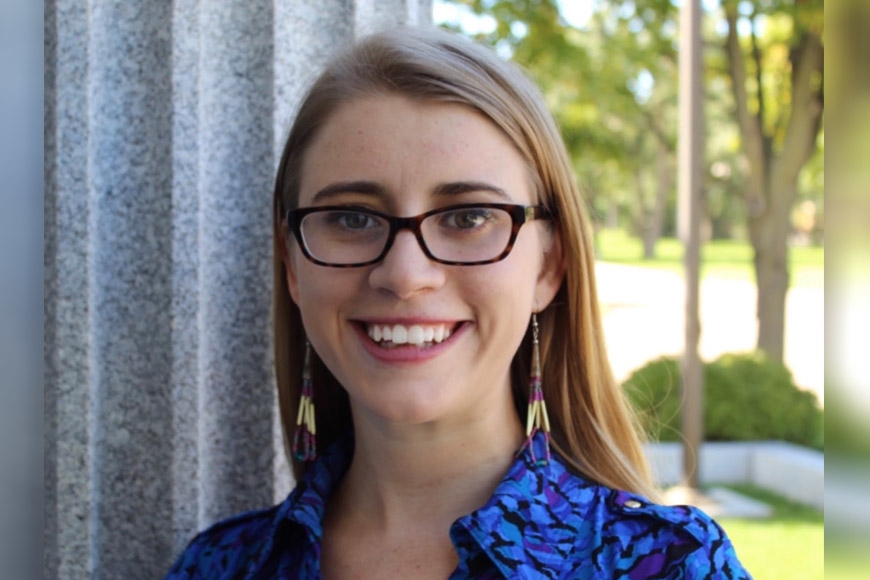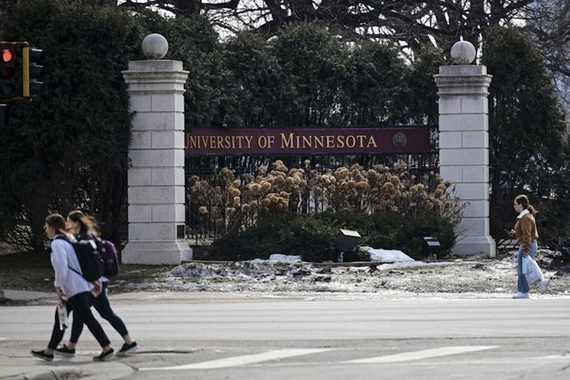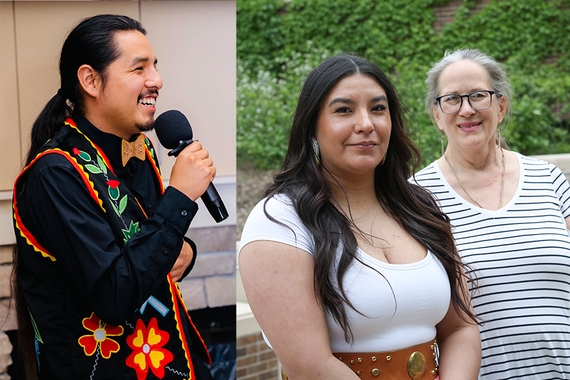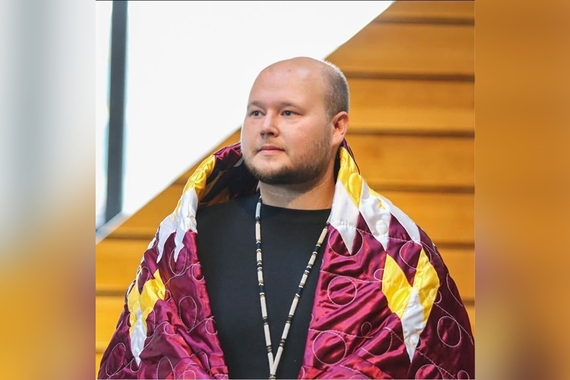American Indian Studies as a Pre-med Track
Alana Dopp is a second-year medical student at the University of Minnesota, Duluth Campus. She is passionate about making a meaningful difference in patients’ lives. She has a specific interest in treating the American Indian community as she has an Eastern Band of Cherokee heritage and has enjoyed becoming a part of the American Indian community in Minnesota. Dopp is thankful to have the opportunity to become a physician as she enjoys learning and serving others.
Graduation year: 2016
Majors: American Indian Studies Major and Biology Minor
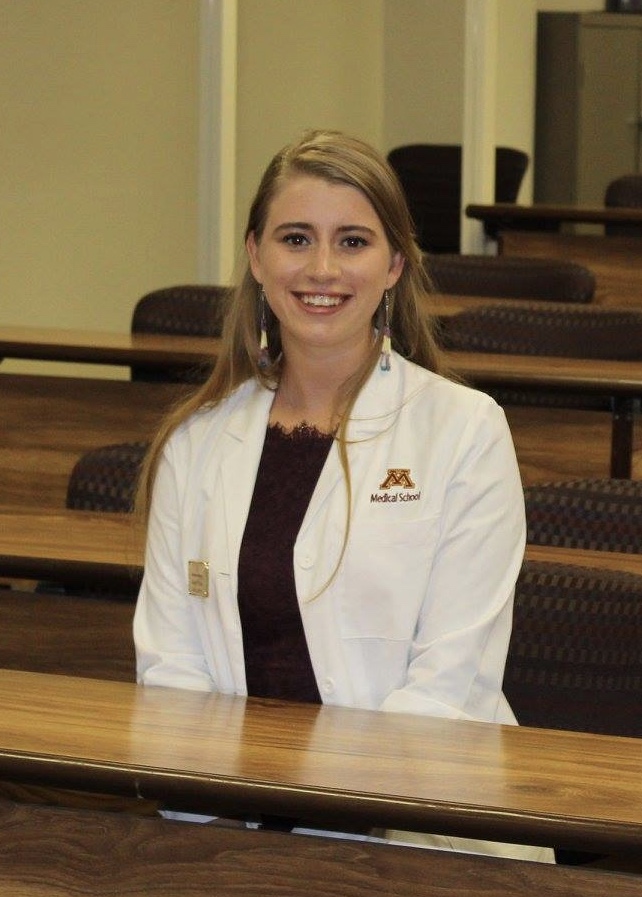
What brought you to the University of Minnesota?
I grew up in Northern California and wanted to move for college. My father’s family lives in south Minneapolis so I was familiar with the area and enjoyed visiting Minnesota when I grew up. Additionally, throughout the application process, the Circle of Indigenous Nations staff reached out to me and made me feel very welcomed at the University.
What made you decide on your area of study?
I have a heritage from the Eastern Band of Cherokee Indians from my mother’s side of the family. My mom raised me to be very proud of this heritage and kept us involved in cultural activities. I wanted to learn more about American Indian culture and become more involved in the community, which led me to the American Indian studies major.
What do you love about your studies?
I love that as an American Indian studies major, I had the opportunity to learn the history behind American Indian health disparities and how to approach medical treatment with cultural awareness. Two specific assignments that left a lasting impact on me were papers I wrote on the history of American Indian healthcare policy and how historical trauma impacts present-day health disparities. I will carry this knowledge with me throughout my medical career, as it is essential to understand a patient’s story and the effects of historical trauma are often a key component of that story.
How have your experiences as a student in AIS prepared you for the present and future?
Being a pre-medical student with an American Indian studies major uniquely prepared me for medical school. I had a balanced course load of hard sciences and liberal arts. Liberal arts courses increased my cultural knowledge and awareness of social justice issues while science classes prepared me for the challenging courses of medical school.
In addition to classes, my experiences in student groups and as a volunteer American Indian patient advocate were essential in my professional development. I worked to restart the American Indian Science and Engineering Society student group and served on the board of the American Indian Student Cultural Center. These experiences developed my leadership skills and gave me experience working in a team, which are both essential skills to have as a physician. As an American Indian patient advocate, I gained insight into patient care, health disparities, and barriers that patients face to accessing care.
How has your life evolved since you graduated? What projects are you currently working on?
I am currently working on research projects related to opioid use disorder and neonatal abstinence syndrome with an emphasis on how these issues affect American Indians in Minnesota. As an undergraduate, I was surprised to learn about the lack of medical research done for American Indians compared to other racial and ethnic groups. I was additionally saddened to learn the harmful research protocols that have taken advantage of American Indian tribes. I am thus motivated to conduct research in a way that involves and directly benefits the American Indian community.
